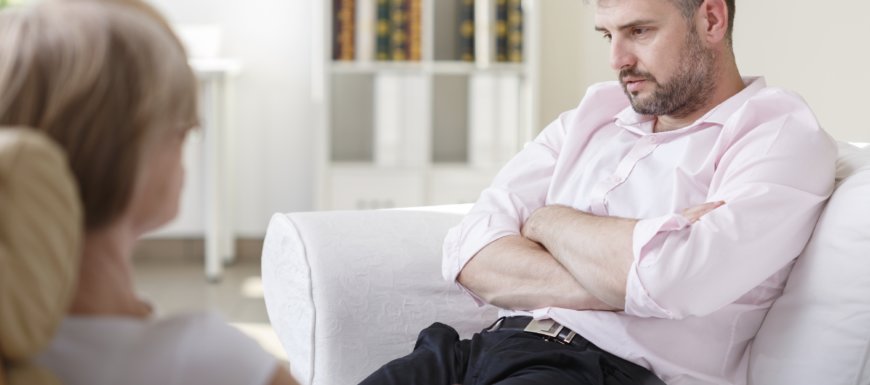
Reporting non-recent abuse or a crime
This section is for victims and survivors of abuse in childhood. It contains information about how to report non-recent abuse, as well as resources for support.
You may have been prompted to access your records because you experienced emotional, physical or sexual abuse or neglect, or were the victim of a crime, as a child or young person. You may have been looking for evidence of this or some way to validate your memories of it, in order to report it. In other cases reading your records may bring traumatic experiences back and you may be prompted to report them. Some care leavers disclose abuse for the first time as part of the access to records process.
You may wish to report their abuse because you are concerned that the perpetrator may be hurting others. Alternatively you may want to speak out for the sake of closure and moving on with your life.
Reporting what happened to you
Reporting what happened to you
It is never too late to report abuse, but remember that you don’t have to. You may not feel ready, or you may not feel able to take on the additional emotional distress of sharing your experiences with others.
If you do want to make a report, you can contact the police and speak to them about what happened to you. It doesn’t matter how long ago it was. If you call the non-emergency number 101 and explain what you are ringing about, they will put you through to the right team. They have staff trained specially to help you and can advise about the best course of action. If they believe a crime was committed, then they may ask to take a statement and will investigate further.
If you don’t feel able to speak to the police, then you can contact the NSPCC and speak to one of their advisors, who will be able to guide you through the best course of action. You can call their free hotline, or send them an email. To find out more visit their website.
Taking legal action
You may wish to take either criminal or civil legal action against the perpetrators of your abuse, to both punish them and to seek redress for the harm you suffered. Before you embark on this you should know that it can be a long and difficult process, which will involve a lot of personal strain. The Association of Child Abuse Lawyers (ACAL) will be able to advise you on the procedures and whether your case is within the statute of limitations.
Support and help
The National Association of People Abused in Childhood (NAPAC) have a free helpline you can call to anonymously discuss your experiences and feelings, and give advice on help that is available to you. They also have lots of resources on their website to support you, your family and your friends.
There may be a survivors’ group near you where you can meet and talk with other people who have also experienced abuse. The Survivors’ Trust has a directory of local organisations which you can contact.
If you would prefer to connect with others online rather than in person HAVOCA (Help for Adult Survivors of Child Abuse) has a moderated forum as well as many other resources.